Primary Election: June 12, 2018
General Election: November 6, 2018
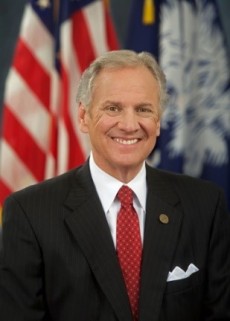
Voters in South Carolina will head to the polls this November to decide the direction of the state, but not before a bruising primary battle for both parties. Incumbent Governor Henry McMaster (R) is running for his first full term. McMaster took office when Governor Nikki Haley resigned to become Ambassador to the United Nations in President Donald Trump’s administration. McMaster has previously served as the state’s attorney general for eight years and was the chairman of the South Carolina Republican Party from 1993 to 2002. Unlike other incumbent Republicans around the country, McMaster is running on the Trump agenda (he received his endorsement last year at a fundraiser). At the end of 2018, the incumbent governor had $2.6 million on hand and raised another $1 million alone in the fourth quarter of 2017.
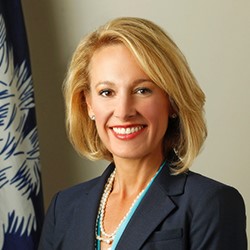
However, McMaster is facing tough competition from within the Republican party. Catherine Templeton, a two-time director of state agencies and a formerly practicing attorney, is running to “drain the swamp” in Columbia. Templeton has downplayed McMaster’s ties to Trump, saying that “Henry ain’t Trump” during an interview. She’s also created a strong fundraising apparatus–her campaign netted $2.3 million in 2018 and raised over $700,000 in the last quarter of 2017. Kevin Bryant, a former state senator who became lieutenant governor following Haley’s appointment, had slightly more than $250,000 on hand at the beginning of 2018, but only raised $45,800 to end 2017.
Other Republicans running include former Lieutenant Governor Yancey McGill, a Democrat until 2016, and businessman John Warren. A March 2018 poll found McMaster with 41 percent among likely GOP primary voters. Templeton came in second with 10 percent, but 35 percent remain undecided. If a candidate can’t break 50 percent, the top two will face each other in a runoff election, which could drain resources for a general election.
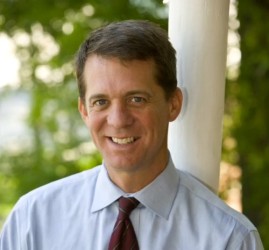
In the Democratic primary, three candidates are seeking the state’s top office (South Carolina has not had a Democratic governor since 2003). Leading the pack is State Representative James Smith, who has represented the 72nd district in the state house since 1996. He’s also a combat veteran, serving as an Army infantry officer in Afghanistan. After receiving encouragement from former Vice President Job Biden, Smith decided to run as an alternative to Trump and the Republican Party. He’s entered 2018 with over $370,000 on hand. Former candidate for lieutenant governor, Phil Noble, and attorney Marguerite Willis are also running in the primary. Fifty-seven percent of South Carolina Democrats surveyed are undecided, while 18 percent picked Smith as their first choice.
Despite the chances of a national “blue wave,” the Cook Political Report and Inside Elections have categorized the race as ‘Solid Republican.’
Latest News
Photo credit: iStock.com/yevtony Last week, the National Governors Association (NGA) elected Utah Governor Spencer Cox (R) as its new Chair and Colorado Governor Jared Polis (D) as NGA Vice Chair. Cox succeeds New Jersey Governor [...]
Photo credit: iStock.com/Torsten Asmus Texas voters have already submitted their ballots for the 2022 primary election. More states have their primary elections on the horizon. With the 2022 primary election season nearly upon us, many [...]
Photo credit: iStock.com/triocean DMGS has previously reviewed state government public health measures, as they have imposed and rescinded masking requirements. Now, over two years into the pandemic and after various COVID-related emergency declarations being implemented, [...]
Photo credit: iStock.com/outline205. Automatic voter registration allows eligible individuals to become automatically registered to vote when they interact with certain agencies in the government, such as a state agency overseeing motor vehicles. While most people [...]

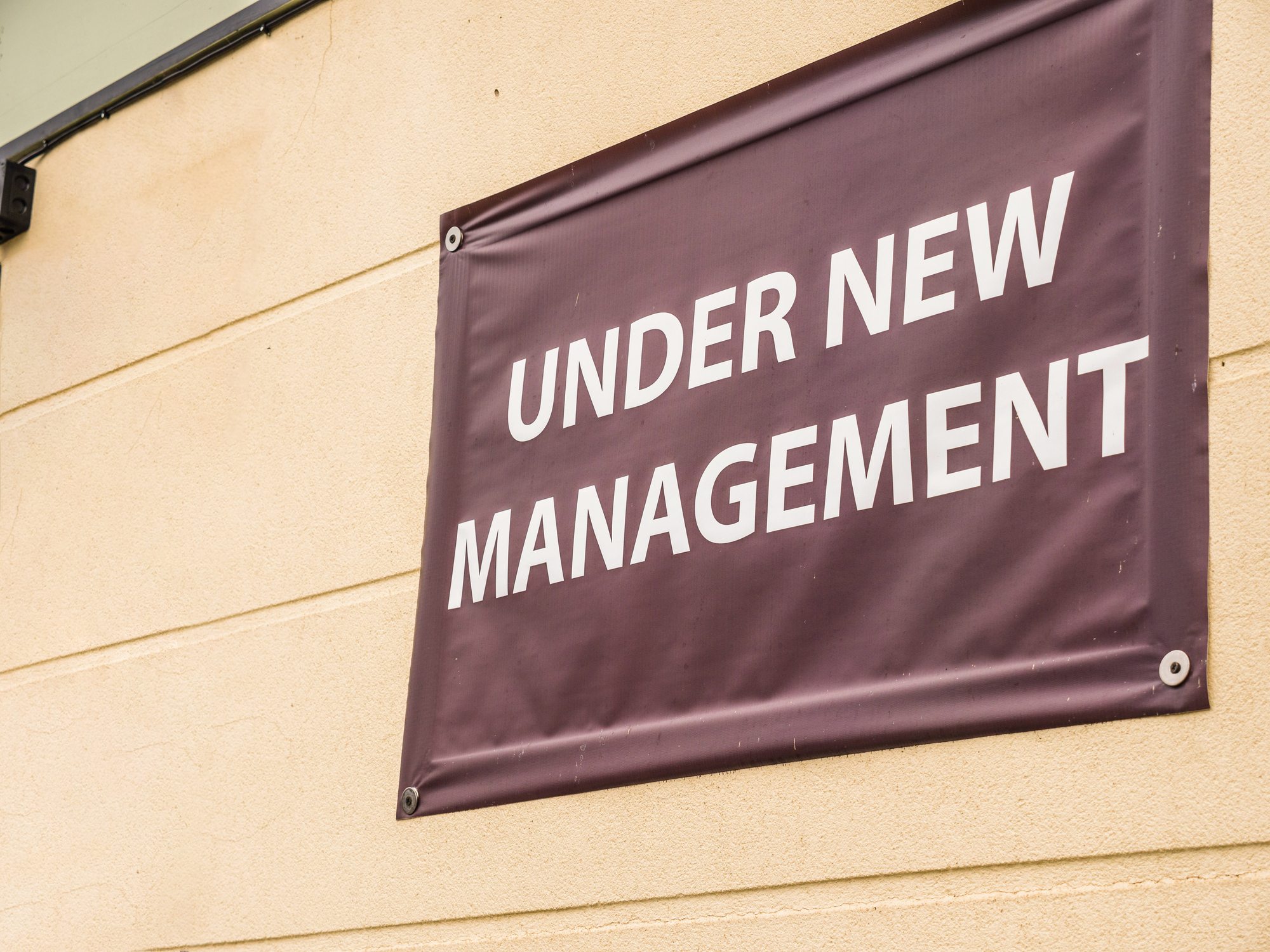
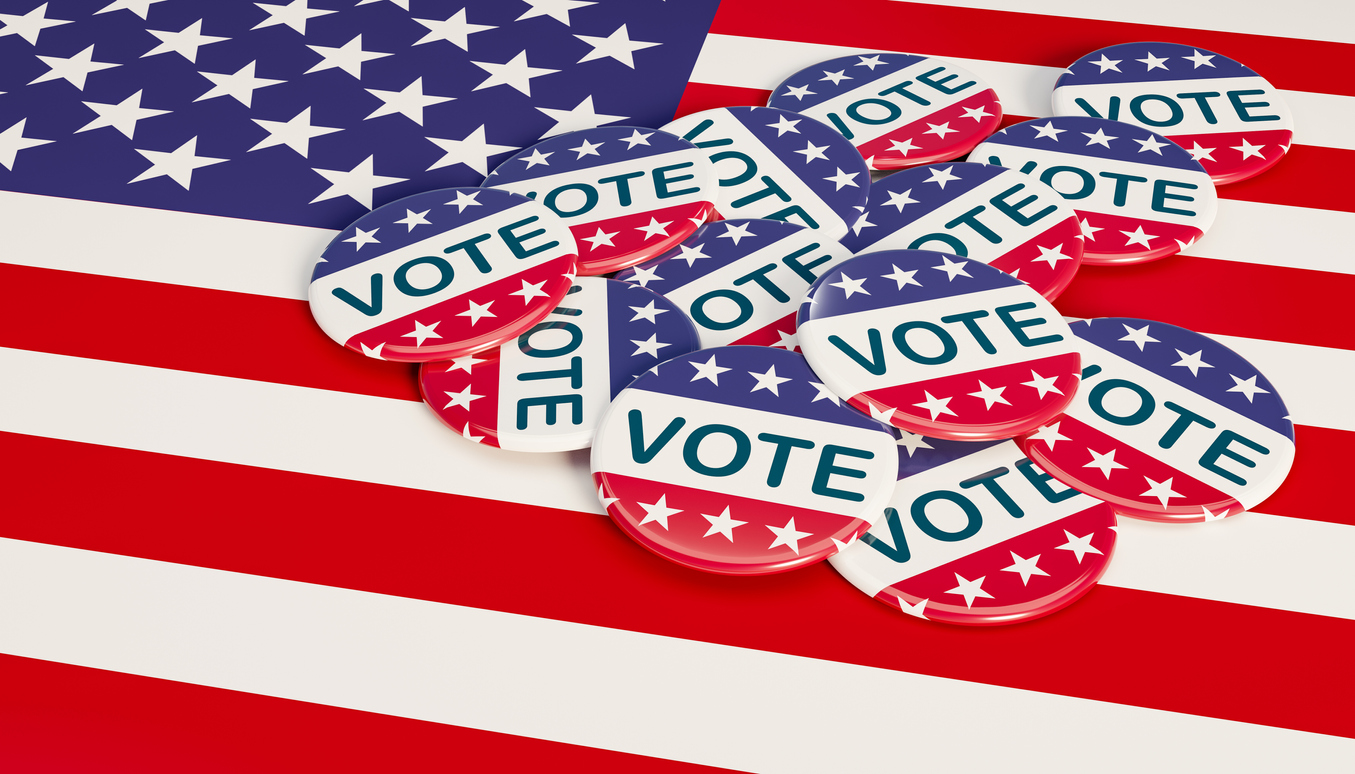

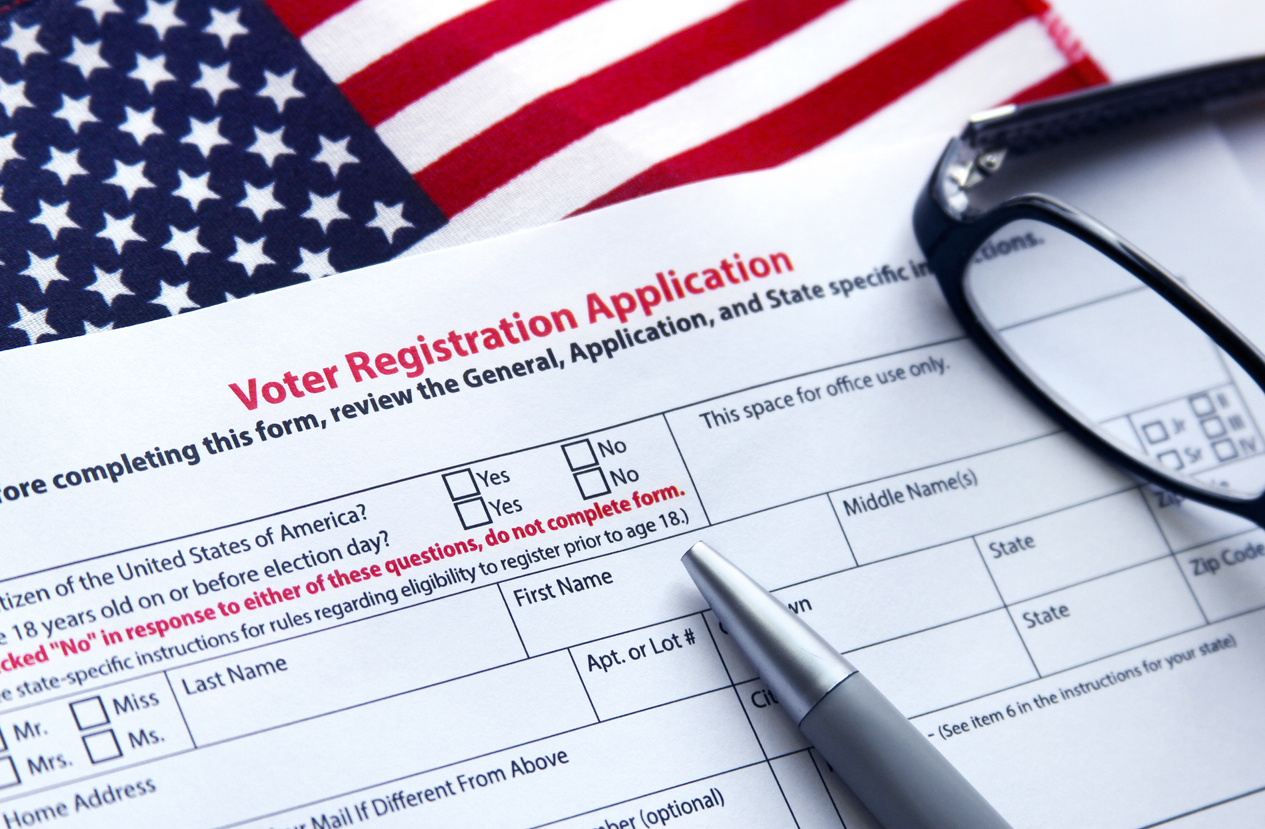

Stay In Touch